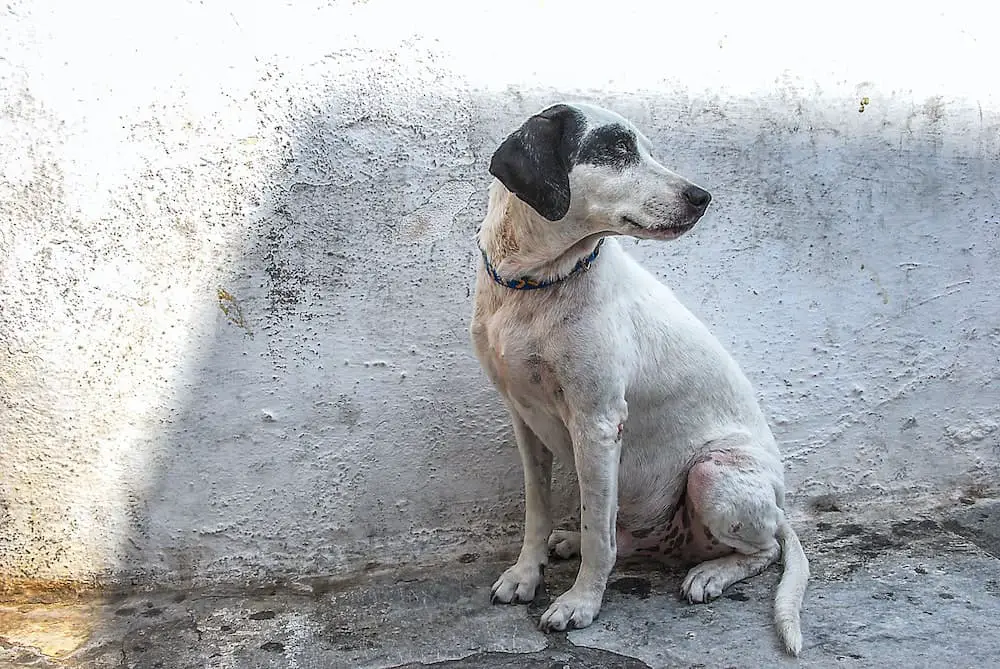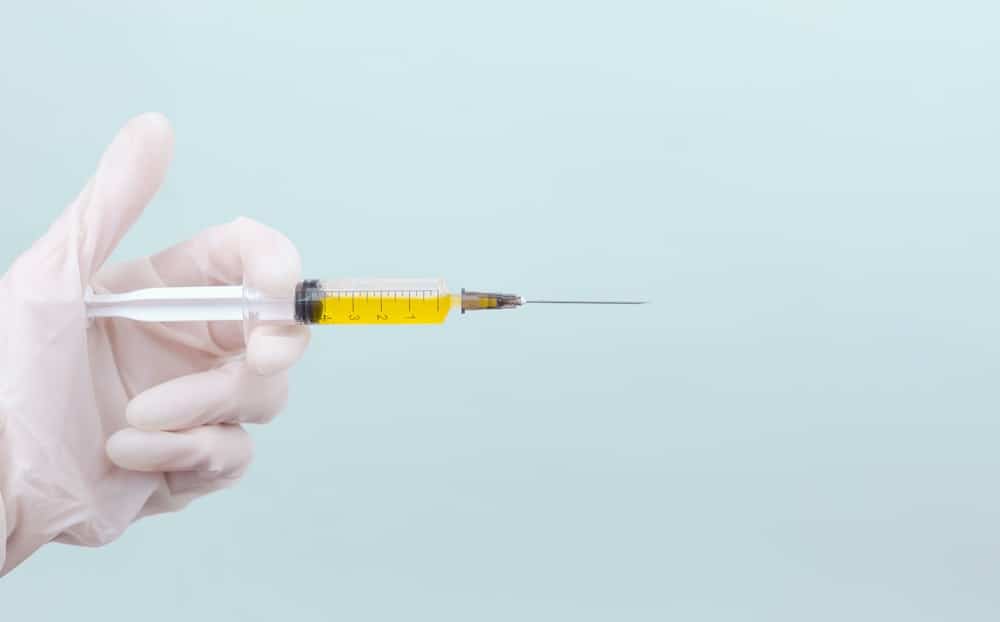For a long time, animals suffered due to the pre-enlightened attitude towards respect for sentient beings in Ireland. Like many other countries, the Irish treated animals as utilitarian objects. Cats were kept to catch rodents and dogs used on the farm. There was little to no sympathy for these creatures – whether it was in the form of poor treatment or abuse.
So has the country done anything to stop this heinous behaviour?
Recently, there have been several cases of animal cruelty in Ireland and it’s created a chain reaction to help resolve this deeply concerning problem. While most people believe that the country is a long way from doing away with animal cruelty, the country’s recent reforms proves that there is light at the end of the tunnel.
Here’s everything you should know about animal cruelty in Ireland.
Animals Have Comprehensive Protection from Abuse Under Irish Law
Animal cruelty has been prevalent in Ireland for a long time, and it’s not hard to see why. For the longest time, the Irish had little sympathy towards animals. So it should come as no surprise that it was more common to see improper treatment of animals amongst people who didn’t know better.
Luckily, as the wave of support towards ethical animal treatment grew – so have the newer generations in Ireland followed suit.
There has definitely been an increase in sensitivity to the issue since people have had more access to visuals around what animal cruelty looks like and, of course, the ample amount of research proving how these creatures that live beside us are so sentient.
Today, much like the rest of the UK and EU countries, Ireland respects that animals are creatures that can feel emotions like pain, fear or happiness and joy– just like any human being. For the most part, people are appalled by animal cruelty here and it shows.
This change in attitude didn’t just happen among the masses. Government was also motivated to change the law as a means to end to animal cruelty in the country.
Under the Animal Health and Welfare Act (AHWA) of 2013, all animals have comprehensive protection from abuse under Irish law. The penalties for this crime include fines of up to €250,000, imprisonment of up to 5 years, or both.
Understanding the Animal Health Welfare Act
To know the facts about animal cruelty in Ireland, it’s a good idea to start by learning a bit about the Irish animal protection legislation (AHWA).
Animals Protected
The AHWA applies to all “protected animals.” And according to the AHWA, a protected animal is any animal that is:
This means that all animals are protected under this law unless they’re wild. However, even wild animals fall under the law if at any point they’re being taken care of by a human being temporarily or permanently. All pets are protected under the law as well, including:
Penalties
For most animal cruelty offenses, you’ll be fined up to €5,000 and/or imprisoned for six months. However, for more serious cases, the penalties go up to €25,000 with up to 5 years of imprisonment. Offenders may also be denied the right to keep any animal for a period or life. Additionally, the offender may be awarded any court costs and any veterinary costs required.
The New Legislation Doesn’t Deter Others from Contemplating Animal Cruelty
The day that the AHWA was passed, animal rights activists around Ireland and many other parts of the world had cause for celebration. The act was the light at the end of a tunnel that had been dark for many years. Many hoped that the legislation would change the state of animal cruelty in Ireland and mark the dawn of a new era.
Unfortunately, while the legislation was a step in the right direction, it has been ineffective in implementing the changes many hoped to see.
You see, even though the penalties exist, it doesn’t mean they’re always applied. Judges have the final say when it comes to passing sentences, and there has been a tradition of taking both aggravating and mitigating factors into account.
In 2018, a judge ruling over an animal cruelty case decided to give a suspended sentence upon realizing that the offender was on prescription drugs at the time, was taking care of a child, and was a contributing member of the society.
According to the judge, it served society better if the man wasn’t in jail. This slap on the wrist for serious animal cruelty cases has been setting Ireland back when it comes to enforcing the law and ensuring offenders are punished.
The fact that there haven’t been dire consequences for offenders sends a message that the Irish government doesn’t take the issue of animal cruelty seriously. For this reason, citizens that are contemplating animal cruelty have nothing to discourage them from doing it.
The ISPCA Lacks Sufficient Resources
The Irish Society for the Prevention of Cruelty to Animals (ISPCA) is at the forefront of fighting animal cruelty within the country. Unfortunately, the organization doesn’t always have the capacity to deal with all the cases they receive.
The ISPCA relies solely on public funding and donations – which means that the organization is under intense pressure, and its resources are overly stretched.
According to ISPCA Chief Inspector Conor Dowling, there are many places in Ireland the organization cannot reach. So, many people get away with animal cruelty in those areas because the institutions in place can’t get there fast enough to enforce the law.
And even if the locals report the cases to ISPCA, it may still take a long time to address the issue due to their limited reach.
The charity believes that they would be able to do more to fight animal cruelty in Ireland if they received sufficient funding from the government and the public. Currently, it takes about €50,000 to keep one ISPCA inspector on the road, including:
Animal Testing for Cosmetics is Still Practiced in Ireland
Despite the supposed EU ban on animal testing for cosmetics, there have been loopholes that have allowed Ireland researchers to keep testing cosmetic products on animals.
The Irish still get away with testing Botox-type products. Because the products are administered through injections and used for medicinal purposes, cosmetic Botox is still being tested on animals under the pretext of medicinal use.
Since the establishment of pharmaceutical companies like Allergan that primarily deal with testing cosmetic botulinum toxin, animal testing has been on the rise since 2009, with the number remaining above 200,000 until 2019.
The severity of the experiments done on animals also remains disturbingly high in Ireland. Besides, the “moderate” label for labs is confusing because it involved cases like poisoning that stops just short of death, giving animals organ transplantations, and cancer among other things.
If you want to learn more about how testing for botulinum toxin is still legal, or what it means to have “moderately” severe animal testing done – check this out: 6 Important Animal Testing Facts About Ireland
Otherwise, Europe is leaps and bounds ahead of the US when it comes to animal testing in cosmetics, especially after the REACH program was launched. Here’s why: Animal Testing Facts That You Need to Know in 2021
Wrapping Up
From what we can see, Ireland is a bit far behind in the implementation of animal cruelty bans when you compare it to other first world, western countries.
It’s definitely not the worst – countries like Greece and The Netherlands have far more shocking statistics. But there’s a lot of room for improvement.
It seemed like the AHWA was the beginning of a different way of doing things. But, that wasn’t the case. The loopholes in the legislation and leniency in making court rulings have made the law less effective.
The fact that charity organizations like ISPCA have limited resources and lack of funds makes things harder to deal with. But nonetheless, animal rights activists have not given up the fight. They’re going above and beyond to ensure everyone is sensitized about animal welfare and that the right steps are taken to effect positive change.


